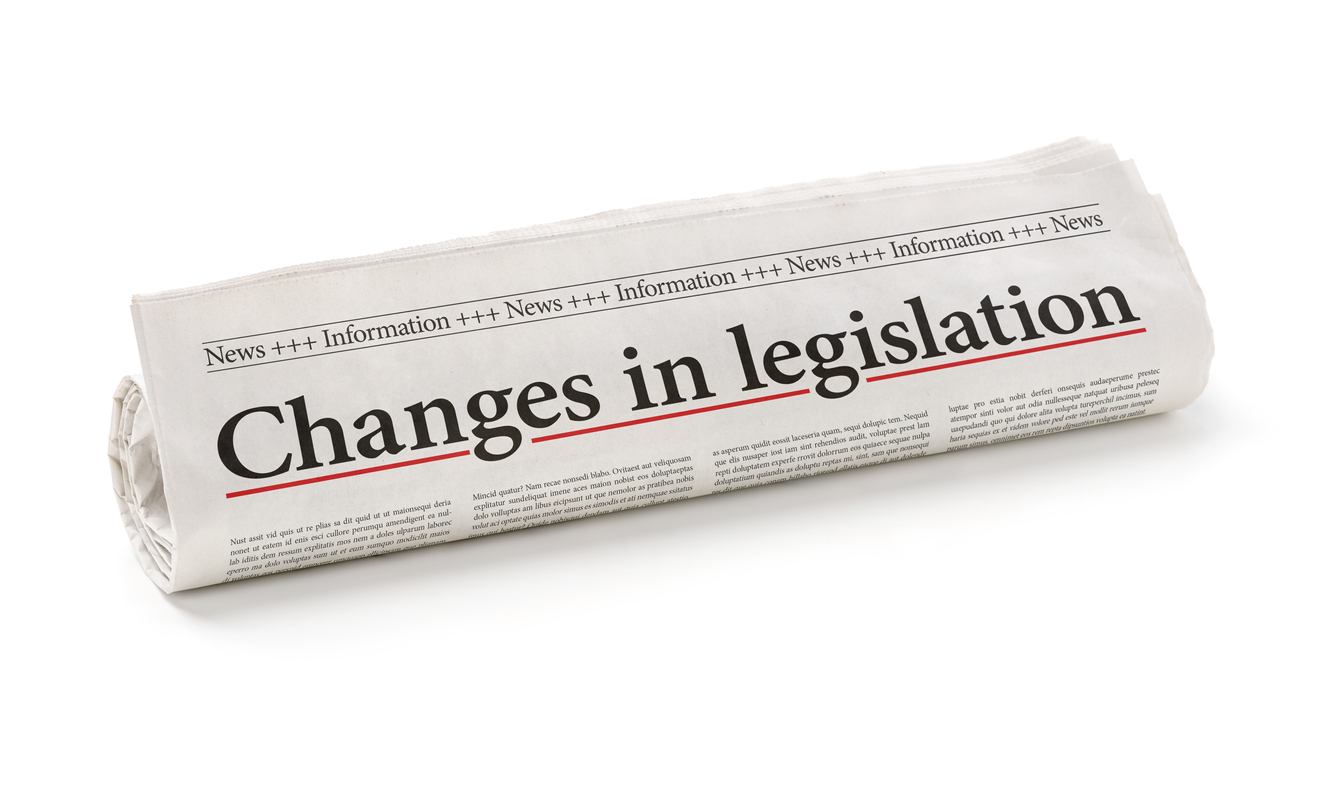Insurance claims adjusting is not easy business. Quality adjustment which vets claims quickly and gets the money to policyholders fairly, promptly and fully is challenging work. I have repeatedly indicated this in numerous blogs.
The following quote found in Insurance Company Claims People Are Important, is similar to many comments in other blog posts:
Insurance company claims adjusters and claims managers are most important people. Their jobs are not easy and the stakes of their decisions can be very high.
Our research library keeps many insurance company books. What insurance companies say about their claims philosophy is important to us and eventually our clients’ cases. One older book, Fifty Years of Suretyship and Insurance—The Story of The United States Fidelity and Guaranty Company, had this written about its claims handling philosophy:
It is the Company’s aim to interpret its contracts in a broad and liberal spirit, giving the benefit of the doubt to the insured. Claimants are to be treated with courtesy, justice and honesty—and the Company does not propose to take advantage of a sincere claimant with a just claim. . . . In compensation claims the spirit as well as the letter of the law must be carried out. . . Every claimant entitled to payment under the law should receive it promptly, regularly, and in full.
This sounds pretty ethical and the test of how an individual claims adjuster should be judged when grading the performance of that adjuster.
But right after this quoted part, the book noted the following:
Policyholders are interested also in the effort of insurance companies to keep unjust and fraudulent claims down to a minimum, for the loss payments are one of the determining factors in rate making. Underwriters do not ‘set premium rates;’ they compute them on the basis of loss experience. Other things being equal, rates go down if losses are reduced and go up if losses increase. No policyholder, therefore, if he considers his own and the public’s interest, will countenance the payment of an unjust claim. In the end he will have to pay the cost through an increase in premiums. Again, while insurance companies have failed because of excessive losses incurred through incompetent underwriting, it is equally true that others have failed because losses piled up through incompetent claim adjusting.
Insurance fraud is wrong. I doubt anybody disputes this. I agree that policyholders are interested in this.
However, one thing missing from above is that prior actuarial experience must include some amount of unknown fraudulent claims. Thus, the expected insurance company profit from an actuarial standpoint, even if insurance company claims performance remains the same in ferreting out fraud, should remain the same. It is the insurance company profit that goes up or down because in a competitive world, the rate may have to stay the same for competition purposes unless a carrier wants to gain market share by giving up short term profit by lowering rates and then capturing more long term profit.
If the insurance industry as a whole can, through some technological advance, determine and prove more insurance fraud, I agree that rates will go down. But rates can also go down and profits up as insurance companies pay slower, lower, and in an unethical manner which is 180% different than the ethical philosophy quoted above. Indeed, insurance companies can use the “fraud” excuse as a crutch to explain actions which are not following the ethical quote above.
And yet, does anybody expect an insurance company to pay a demanded $250,000 for an item, a construction project or an income loss, when a full and fair price is $125,000? Just because it is demanded does not mean it is owed.
This book was written over 80 years ago. It was written by insurance company people that have long ago passed. Yet, it still relevant today. As my beloved Led Zeppelin would say, The Song Remans the Same.
Thought For The Day
California sunlight
Sweet Calcutta rain
Honolulu starbright
The song remains the same
—Robert Plant




